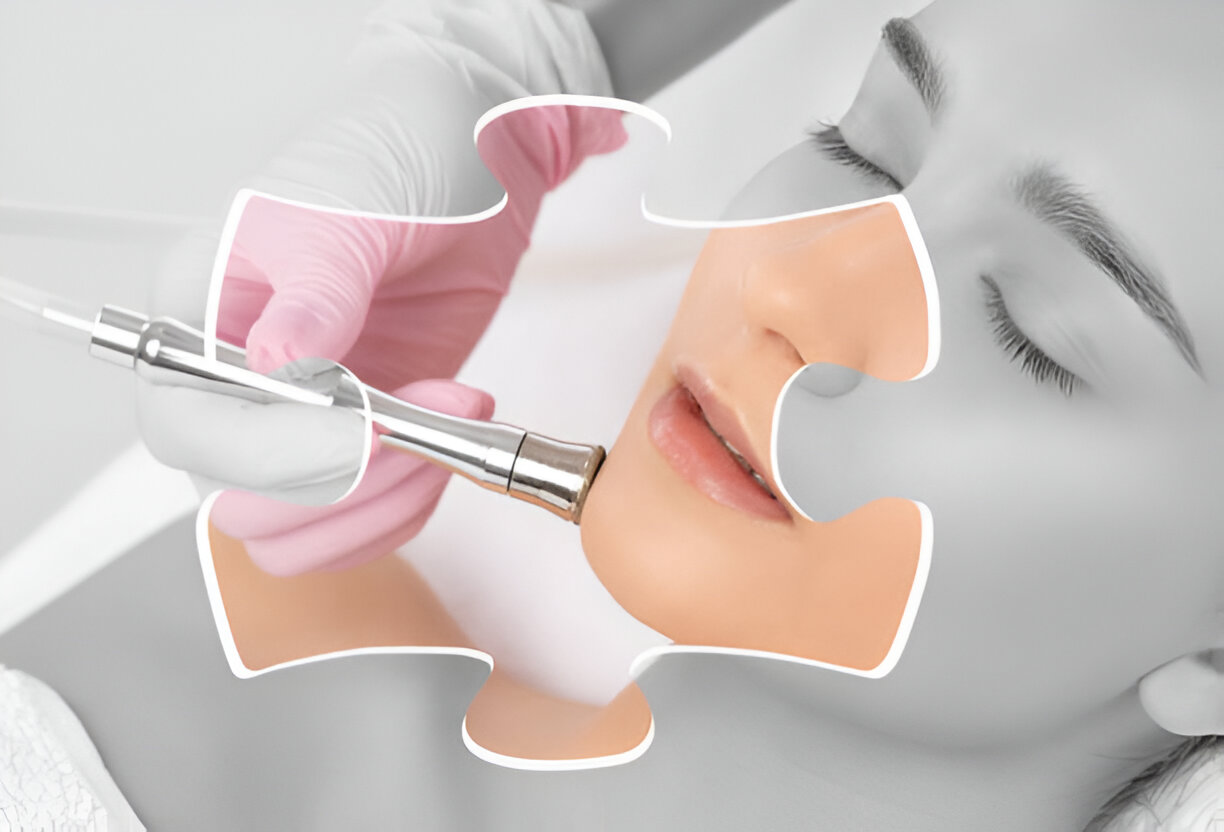Reasons That May Disqualify You from Getting Plastic Surgery
Plastic surgery has become an increasingly popular choice for individuals seeking to enhance their appearance, boost self-confidence, or correct physical imperfections. While many people are suitable candidates for procedures like rhinoplasty, liposuction, or facelifts, not everyone is eligible for plastic surgery. There are several medical, psychological, and lifestyle factors that may disqualify a person from undergoing these procedures. Understanding these disqualifications can help ensure patient safety and optimize the outcomes of surgery.
1. Underlying Health Conditions
One of the most common reasons someone may be disqualified from plastic surgery is the presence of underlying health conditions. Certain medical conditions increase the risk of complications during or after surgery. These include:
- Heart disease: Patients with cardiovascular issues may not be able to tolerate anesthesia or the physical stress of surgery.
- Diabetes: Poorly controlled diabetes can impair wound healing and increase the risk of infection after surgery.
- Lung disease: Conditions like chronic obstructive pulmonary disease (COPD) or severe asthma can make it difficult for patients to recover from the effects of anesthesia and surgery.
- Blood disorders: If a patient has a history of blood clotting issues or is taking blood-thinning medications, they may be at a higher risk for excessive bleeding during surgery.
Doctors will thoroughly review your medical history and may require a pre-surgical health evaluation to determine if you’re fit for surgery.
2. Smoking
Smoking is a significant disqualifying factor for plastic surgery. Nicotine constricts blood vessels, reducing oxygen flow to tissues, which can severely hinder the body’s ability to heal after surgery. This increases the likelihood of complications like delayed wound healing, skin necrosis (tissue death), and infections. Many plastic surgeons require patients to quit smoking several weeks before and after surgery to minimize these risks.
If you are unwilling or unable to quit smoking for the required period, you may be disqualified from undergoing the procedure.
3. Unrealistic Expectations
While plastic surgery can enhance appearance and correct physical imperfections, it is not a magic solution to deeply rooted emotional or psychological issues. Patients who expect surgery to drastically change their lives, solve personal problems, or make them look "perfect" may not be suitable candidates.
Surgeons assess a patient’s motivations and mental well-being during consultations. If they determine that a patient has unrealistic expectations or underlying psychological issues, such as body dysmorphic disorder (BDD), the surgeon may advise against surgery or refer the patient for counseling first.
4. Obesity
Being significantly overweight can increase the risks associated with surgery. Obesity is linked to higher rates of complications during surgery, such as blood clots, infections, and problems with anesthesia. It can also impair the healing process, leading to longer recovery times and less satisfactory results. Many surgeons require patients to reach a healthy weight before undergoing plastic surgery, especially for procedures like liposuction or tummy tucks, where body contouring is the goal.
5. Allergies or Reactions to Anesthesia
If you have a history of severe allergic reactions to anesthesia or specific medications, this could disqualify you from certain plastic surgeries. Anesthesia is an essential part of most surgical procedures, and reactions to it can be life-threatening. During your consultation, your doctor will review your medical history and any prior experiences with anesthesia to determine if you're at risk.
6. Pregnancy
Plastic surgery is not recommended for women who are pregnant or planning to become pregnant. Pregnancy alters the body in significant ways, affecting the skin, weight, and overall health, which can interfere with both the surgery and recovery. Additionally, the medications and anesthesia used during surgery can pose risks to the developing baby.
Conclusion
While plastic surgery can be transformative, it’s essential to ensure you are a suitable candidate before moving forward. Health conditions, lifestyle choices, and psychological factors can all impact your eligibility for surgery. A thorough consultation with a qualified plastic surgeon is crucial to determining if plastic surgery is safe and appropriate for you. Ensuring that you meet all necessary health criteria will not only improve the success of the procedure but also help you achieve the best possible outcome with minimized risks.
